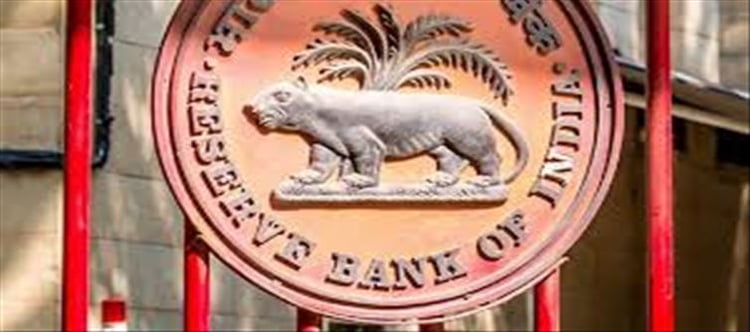
What does a reduction in repo rate mean?
When banks get loans from RBI at a lower interest rate, they also give loans to businessmen at a lower interest rate. This makes it easier for businessmen to expand their business and invest money in new projects. When the business grows, more things will be made and new people will get jobs. Meaning, the economic condition of the country will improve. With a reduction in the repo rate, the interest rates of your home loan, car loan, personal loan etc. can also decrease. That is, your EMI will be reduced and it will be easier for you to repay the loan. When the loan is cheaper, people will take more loans and spend more, which will increase the demand in the market.
When banks reduce interest rates on their savings accounts and fixed deposits, people do not see much benefit in saving. In such a situation, people can think of investing their money in the stock market, mutual funds or property. Meaning, investment in these places can increase due to a reduction in the repo rate.
When the repo rate is low, the profit on investment in the country may decrease. Due to this, some investors may take their money out of the country, which may reduce the value of rupee. Weakening of rupee may make it expensive to import things from abroad, but on the other hand, sending things out of our country will become cheaper. This will boost exports.
What would have happened if RBI repo rate had not decreased?
If repo rate had not decreased, then despite tax exemption, it would not have affected the economy as much as the government wants. This would have a direct impact on taking loans, spending, investment and economic development. If repo rate remained high, then banks would have kept the interest rates of loans high. Tax savings would have brought money, but due to expensive loans, people would avoid investing in home, car or business. Tax exemption would have increased people's savings, but due to no increase in expenditure, there would have been sluggishness in the market.
Cheap loans are needed for any business to grow. If business does not make new investments, then new jobs will also not be created. Companies will not recruit more employees, in such a situation unemployment could have increased. Due to low repo rate, the stock market also booms.
RBI always sets the repo rate in such a way that inflation remains under control. If too much money comes into the market due to the government's tax exemption and the repo rate also remains high, then the prices of some things could increase. There could be an imbalance in the market.




 click and follow Indiaherald WhatsApp channel
click and follow Indiaherald WhatsApp channel